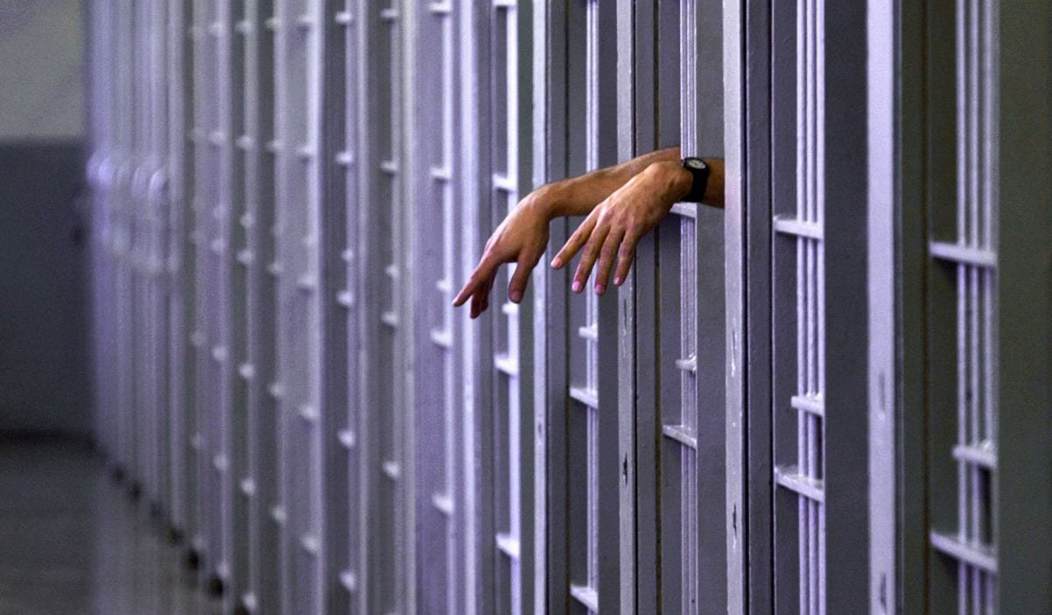Dallas County District Attorney John Creuzot is instituting sweeping changes to the way his office deals with criminal defendants. He is reforming the bail system, he won’t prosecute first-time marijuana offenses, and most significantly, he won’t prosecute many petty crimes.
Creuzot won’t prosecute theft of personal items worth less than $750 unless the theft is for financial gain. It’s all part of his effort to “decriminalize poverty.”
Governor Greg Abbot is skeptical.
Dallas Co. District Attorney stokes crime by refusing to prosecute theft of personal items worth less than $750. If someone is hungry they can just steal some food. If cold, steal a coat. Where does it end? It's wealth redistribution by theft. #txlege https://t.co/dqfYogr4NX
— Greg Abbott (@GregAbbott_TX) April 15, 2019
In an editorial, the Dallas Morning News points to the risks:
But as we work toward improvements, we are apprehensive about Creuzot’s plan to decriminalize low-level crimes. It has the potential to send the wrong message about our tolerance for any crime in this county. We worry about the new policy creating a system that tells petty criminals their bad acts are OK and that demands police officers look the other way.
And we can’t lose sight of the thousands of real victims of these crimes for which their experiences erode their feelings of safety — real or perceived — in their neighborhoods.
The emphasis in recent decades on victims’ rights will be tossed aside in favor of “reforming” a criminal justice system that most people agree incarcerates too many people for too long.
But is this effort by Creuzot taking the idea of reform too far?
Still, we worry that some aspects of his policy that he calls “decriminalizing poverty” may go too far in the other direction, particularly at a time when residents across this region are worried about increased crime in their neighborhoods, from package theft to car break-ins.
Creuzot says he’ll decline to prosecute theft of personal items worth less than $750 unless the theft was for financial gain. He says he’s in the process of dismissing all misdemeanor marijuana cases filed before he took office with a few exceptions including those where a deadly weapon was used. And he’ll stop prosecuting most first-time marijuana offenses and some misdemeanors that he believes often stem from poverty.
We remind Creuzot that most poor people in this city are law-abiding citizens. And sometimes, petty criminals escalate their activities to more serious offenses when enforcement is slack on more minor crimes.
Crime is antisocial behavior committed by antisocial people. Poverty probably plays a role in some criminal activity. The question is how far we should go in finding excuses not to put people in jail for breaking the law?
Many criminal justice reform advocates look at the racial disparity in the prison population as “proof” that it’s a black and white issue. Others point to the issue being “green” — the idea that class plays a pivotal role in determining who goes to jail and who doesn’t. If you have money enough to hire a good attorney, your chances of staying out of jail for most offenses increases.
Some ideas for reform are more comprehensive than others. Efforts at the federal level are focused in that direction:
Specifically, HR 4261 aims to address crime prevention, sentencing alternatives, the growing prison population and recidivism. The comprehensive bill starts at the beginning of the prison life cycle, allocating resources to evidence-based crime prevention and community policing while using transparency measures and outcome performance tracking to curtail overcriminalization—or overly expansive criminal codes—in the federal criminal justice system. For those facing criminal allegations, the bill emphasizes probation and problem-solving courts as alternatives to harsher sentencing. It also establishes a system of tiered performance incentives designed to reduce the number of probation supervisees who are ultimately sent to prison in each judicial district.
Should the accused face prison time, the bill would reserve mandatory minimum sentences for drug trafficking leaders and allow for increased exceptions to mandatory minimums where appropriate. Low-risk geriatric and terminally ill inmates would also receive increased flexibility. For offenders who have served their time, the bill uses an expanded system of credits earned for time served and evidence-based prison programming to improve post-prison integration. The bill also emphasizes a system of immediate sanctions for violating, or credits for complying with, supervision conditions after release.
Recognizing that not everyone belongs in prison and that sentences are sometimes arbitrary should be a prerequisite to reforming the system. Beyond that, there are more controversial issues that could be addressed without the emotionalism of bringing race into the discussion. Simply saying there are too many black men in prison is moronic. But reforming sentencing and court-ordered intervention for many crimes related to substance abuse might be possible if guidelines can be developed that takes everyone’s rights — including the victims’ — into account.
There is a conservative case for criminal justice reform that includes decriminalizing most non-violent drug offenses. But the first step is recognizing that the criminal justice system is broken and isn’t working. And that’s something that both sides in the debate can agree upon.










Join the conversation as a VIP Member